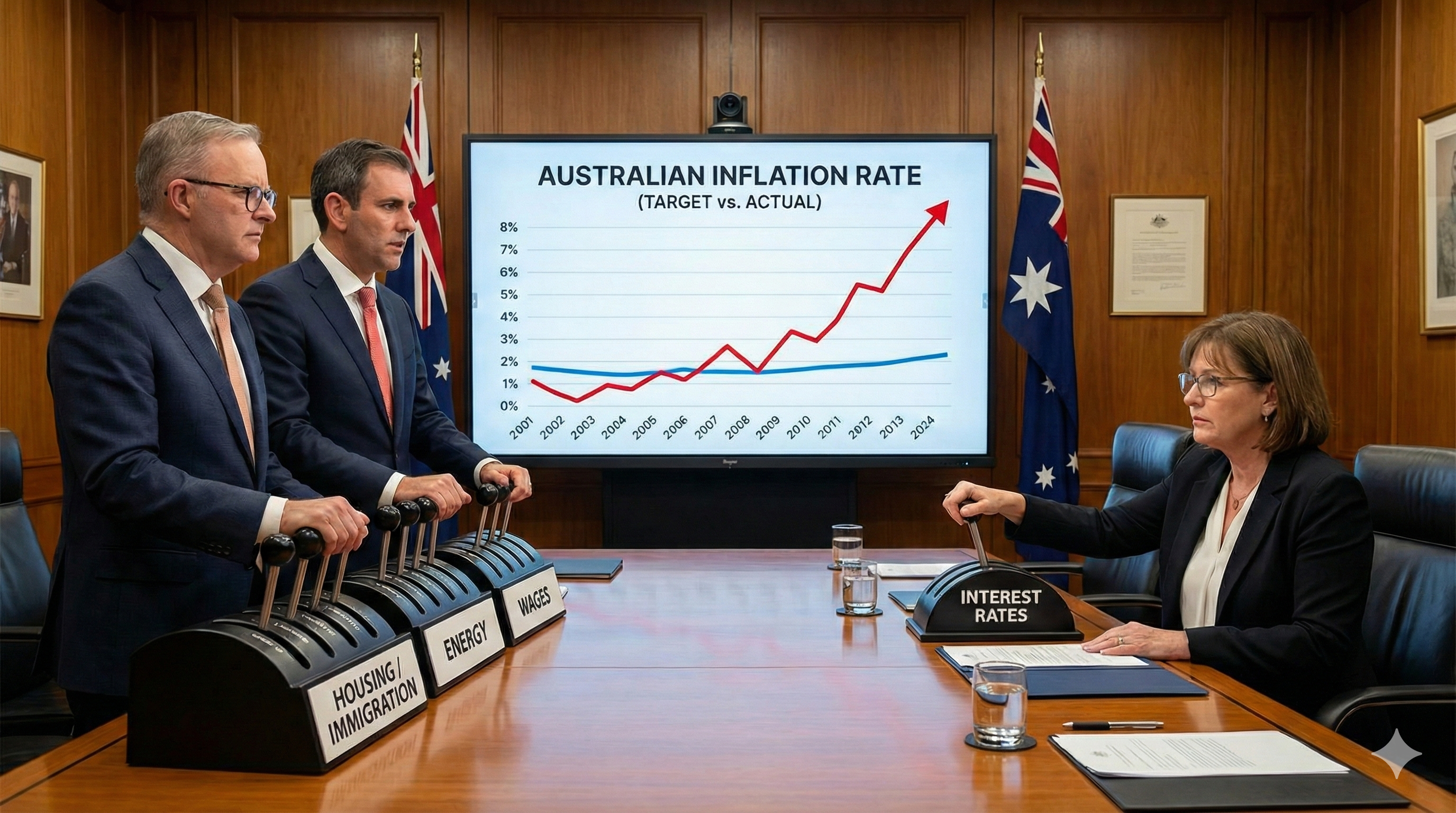Missile Strikes in Syria
The US missile strikes in Syria today create a considerable investment issue.
On the bullish side, US intervention in Syria to help stop the descent into a failed state could stem the flow of refugee from Syria and potentially save hundreds of thousands of lives. Stemming the flow of refugees (the UN estimates there are 4.8 million refugees outside of Syria, and another 6 million internally displaced) would suck the oxygen from a range of formerly fringe right wing parties in Europe who are using the enormous flow of Syrian refugees to gain power. This would greatly improve the political situation in Europe.
On the bearish side, this could be the beginning of a proxy war between the US and Russia. It could be the start of the biggest conflict between major powers since the end of the cold war.
So, do we abandon our overweight equities positions or do we buy the dip?
Based on the news to date, we are not changing investment positions. The situation though is fluid and news over the US Friday trading sessions and the weekend will be important.
If a proxy war appears likely then we will be changing allocations. If it looks like a deal has been done between Russia and the US to remove Assad (presumably with a Russian-friendly government) then we would be buying the dip.
A Syrian Primer
There is no simple solution in Syria.
There is a range of rebel groups, the Kurdish, the Assad regime, the Russians, Iran, Turkey, Hezbollah and ISIS all battling over territory. Israel also shares a border with Syria in the south and Iraq to the west.
The most palatable to the West are the Kurdish, who have significant control of the north, stretching from the semi-autonomous Kurdish state in Iraq across the top of Syria. The Kurdish have been supported by US forces but are unlikely to go much further than the predominantly Kurdish regions in the north of Syria, for a mixture of cultural issues and political issues.
Turkey has trouble with its own Kurdish population and so the rebel groups that Turkey support have three goals: preventing Kurdish expansion, securing the Turkish border against ISIS and also fighting Assad.
There is a broad range of other rebel groups and a range of alliances – too broad for this post to detail them all. Some groups are extremists which Western countries do not want to support and to date, there has been no moderate rebel group large enough to unite forces and attract Western support. A number of major rebel groups were greatly weakened by the loss of Aleppo late last year.
Russian troops are embedded with the Syrian army – the intervention by Russia in a few years ago likely prevented the collapse of the Assad regime. The key Russian interest is probably maintaining a port in the Mediterranean sea. They are unlikely to want to get bogged down in Syria (Putin declared victory to the Russian press in 2016) and so I would guess that a solution where Assad steps down but Russia maintains its influence is probably going to be acceptable. Also, Barrack Obama negotiated a deal where he didn’t attack Syria in return for Russia overseeing the destruction of all of Syria’s chemical warfare capabilities – so Russia is unlikely to be pleased with the most recent chemical attack and may look for an exit.
Iranian troops are also in Iran – Syria is one of Iran’s only allies and so Iran has extensively supported the Assad regime both through its own actions and through Hezbollah, Iran’s proxy in Lebanon.
Israel has largely kept out of the war. The danger for Israel is that if they are seen to support a particular rebel group then that might unite the other rebel groups against it.
ISIS are still active in Syria, however, are greatly reduced as a fighting force. It is unlikely that ISIS will be able to ally with any of the many groups fighting in Syria.
Is this a diversion?
The most cynical Trump watchers may claim this is an attempt to deflect from Trump’s domestic issues or to “prove” that Trump is not a Russian puppet.
This may be true, although I would like to give Trump the benefit of the doubt. Regardless of whether Trump’s intentions are self-serving or not, if his actions result in peace in Syria and stem the flow of refugees then only the most partisan observer would suggest that his intervention is a bad thing.
Refugee Crisis
I wouldn’t underestimate the effect of a resolution to the Syrian crisis on the politics of Europe. There are around 1 million Syrian asylum applications in Europe at the moment – around half of the refugees in any European country are Syrian. Any reduction in the flow of refugees is a positive for European politics which has seen a rise of One-Nation lookalikes which have gained votes on anti-immigration sentiment.
Oil price
Oil may well rally - especially if the US engages in a proxy war with Iran. We are underweight oil in our portfolio so this poses a risk.
Absent a direct war with Iran or Russia though, the fundamentals for oil still support selling into any rally.
What is the likely solution
If Trump is looking for regime change then strap in for a long war.
If he is looking for the removal of Assad and some sort of unity government, where the unity government retains relatively deep ties to Russia and Iran then there may be the possibility of a negotiated truce.
Will we see Trump's close and somewhat suspect relationship with Russia yield a peace dividend?
Watch this space.
The information on this blog contains general information and does not take into account your personal objectives, financial situation or needs. Damien Klassen is an authorised representative of Nucleus Wealth Management, a Corporate Authorised Representative of Integrity Private Wealth Pty Ltd, AFSL 436298.






